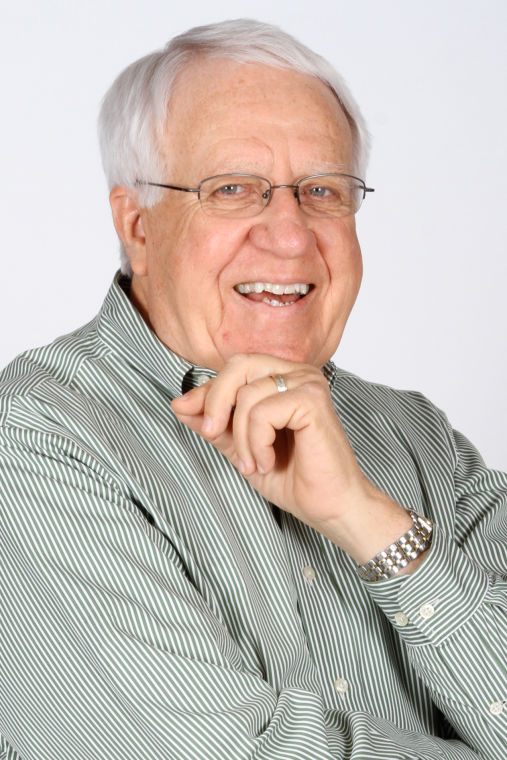
Stories of gasoline price wars were common in Texas around 1960, when regular gas sold sometimes for10.9 cents per gallon. Competition for college biology teachers, however, wasn’t all that common.
Dr. Jack Stanford, retired with his wife Gilda in Brown County, remembers how two colleges tried to hire him. Fresh with his master’s degree in botany from Texas Tech in 1966, he heard of a biology opening at Hardin-Simmons University. With Gilda and nearly one-year-old son David, they visited Abilene. Sure enough, he was offered a $5,000 contract.
He doesn’t know how Dr. Guy Newman knew about Jack’s offer at H-SU, but the long-time Howard Payne president somehow tracked him down in Abilene. He, too, was seeking a biology prof, and asked about his H-SU offer.
Stanford, who later completed his doctorate at Oklahoma State, was proud to say that his H-SU offer was $5,000. Without hesitation, Newman offered $5,500, with promise of free tuition for his children AND a 50-cent discount for lunches in the college cafeteria.
Jack accepted immediately. (Dr. Stanford has no recollection of receiving the luncheon discount, but David and younger brother Steven did take advantage of free summer school classes.)
All of his 33 years in higher education were at HPU, where he retired in 1998. To this day, he keeps up with colleagues and a host of former students, many of whom are in their late 70s. (There’s been much friendly competition between HPU and H-SU over the years, but Dr. Stanford’s account was an “interest-piquer,” since the persuasive Dr. Newman offered me $3,000 to stay on upon my 1961 HPU graduation with a BA degree and limited experience.)
“Colorful” seems a bit pale to describe Dr. Newman. Always the snazzy dresser with a bubbly disposition and unbounded optimism, he sometimes was, uh, overly optimistic.
“We’re going to organize a baseball team,” he told incoming freshman Dan Crawford prior to his 1960 enrollment. Dr. Crawford, longtime Southwestern Baptist Theological professor, enjoyed a “partial” baseball scholarship all four years, but the college didn’t field a baseball team for another quarter-century.
Dr. Newman was a revered leader, greatly loved by Dr. Crawford and this columnist.
Dr. C. E. McCarver, late VP for Development at HPU, said, “Dr. Newman has more ideas in a day than most people do in a lifetime, and some of them are good.”
It was Dr. Newman’s dream to introduce an interdisciplinary honors program to be known as the “Douglas MacArthur Academy of Freedom.”
It was housed in the former administration building of Daniel Baker College, which was acquired by HPU in the early 1950s.
I heard him tell of visiting the late general in his Waldorf Astoria apartment in New York City. “I wanted his name to be associated with our program,” he explained.
He indicated that General MacArthur was cordial, but seemed surprised that Dr. Newman would make such a long trip to secure the World War II hero’s blessing of the program.
“They’ve built libraries, streets, parks and monuments that bear my name,” General MacArthur related. “But you are the first person ever to request my permission.”
Dr. Newman’s own pilgrimage was unique. A graduate of Baylor University, he enrolled there at age 30, upon deciding to become a minister.
He and his first wife had three children, but she died of cancer in her late 20s, so the challenges of college and handling the duties of a single parent hung heavy.
Kidded unmercifully by other students about being an “old” freshman, Dr. Newman sought the dean’s council about how to respond. He was advised to “tell them you are a ‘special student’ who will be a sophomore next year.”
He and Dr. Thomas H. Taylor, his predecessor, get my vote as the all-time great presidents of 132-year-old HPU. They served for 24 and 17 years each, respectively, for the period 1927-1972.



